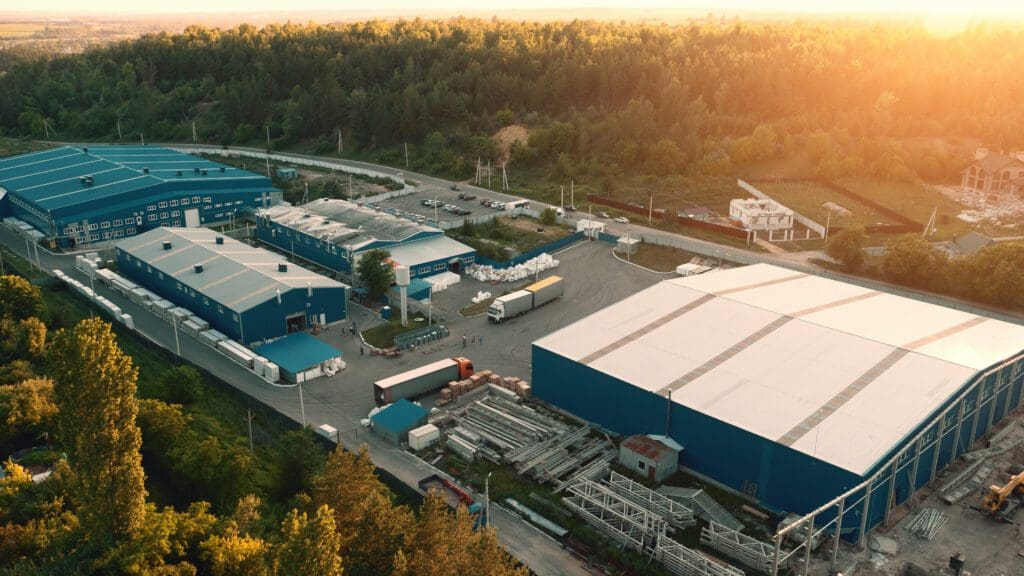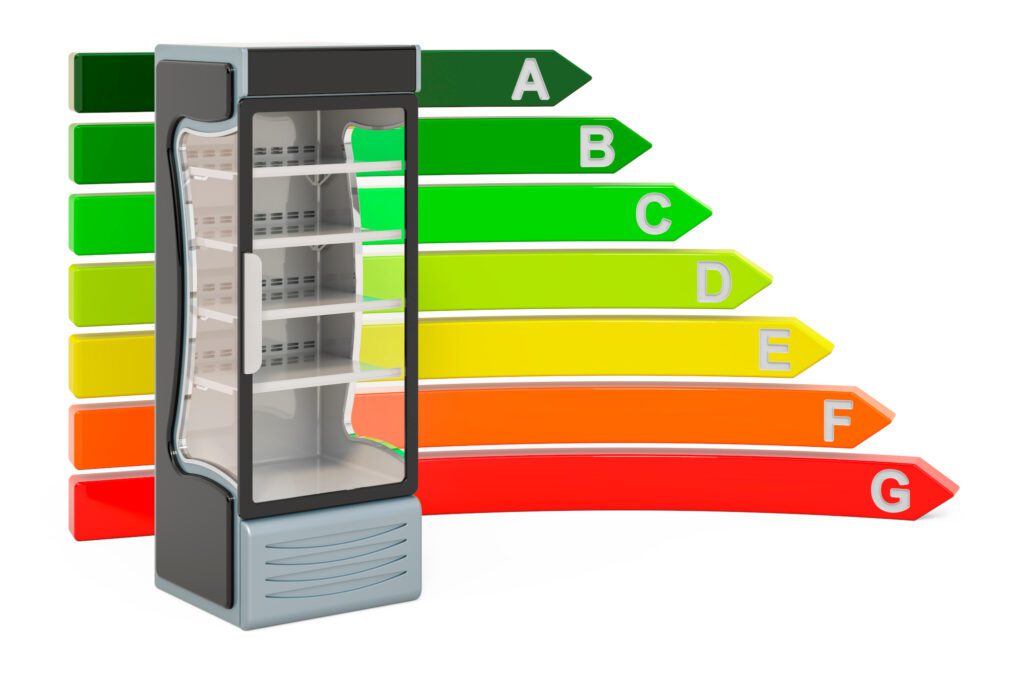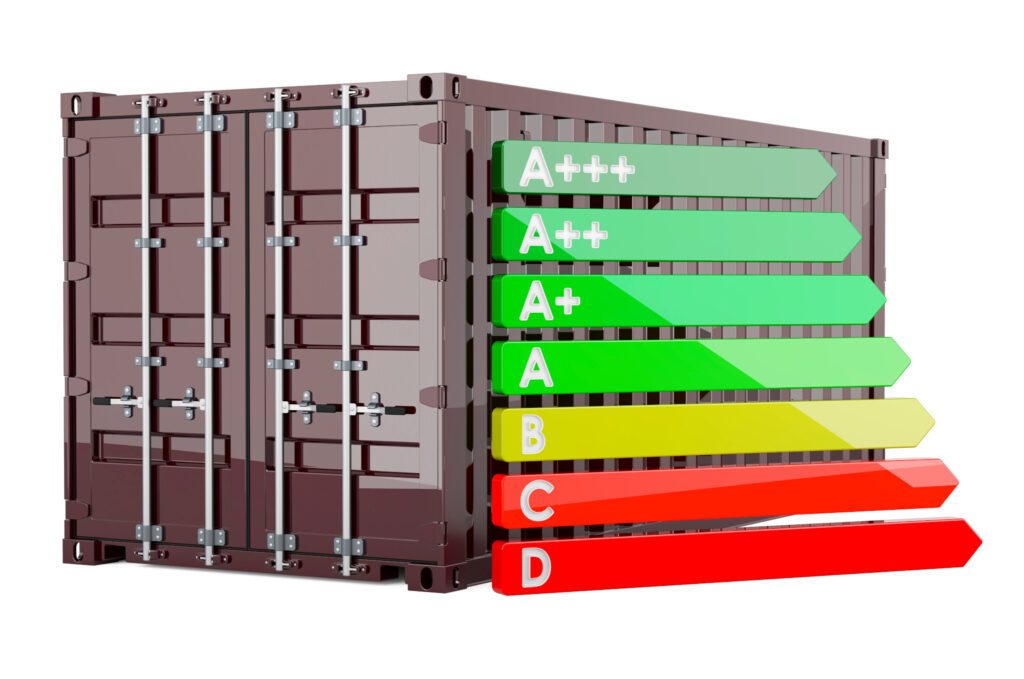
Commercial Energy Performance Certificates (EPCs) play a vital role in helping businesses operate more sustainably and efficiently. Whether you are a business owner, property developer, or a commercial landlord, understanding the ins and outs of commercial EPCs is essential to ensure compliance with energy efficiency regulations and improve your building’s overall performance. In this blog post, we will explore what a commercial EPC is, how it is calculated, the MEES regulations, differences between commercial and domestic EPCs, the factors that impact a commercial EPC performance, and how to find a qualified EPC assessor.
What is a Commercial EPC?

A commercial EPC is a document that provides information about a non-domestic property’s energy efficiency. It contains an energy rating on a scale from A to G, with A being the most energy-efficient and G being the least efficient. Commercial EPCs are required whenever a commercial property is constructed, sold, or rented in the UK. The certificate also includes recommendations on how to improve the building’s energy efficiency, which can lead to reduced energy costs and lower carbon emissions.
How is the EPC calculated?
The EPC is calculated using the Simplified Building Energy Model (SBEM), a government-approved software that assesses the energy performance of a building. The process involves collecting data on various aspects of the property, including its dimensions, construction materials, heating and cooling systems, lighting, and other factors. This information is then used to calculate the building’s energy consumption and carbon dioxide emissions.
The final EPC rating is based on the building’s performance compared to a hypothetical, similar building constructed to meet current building regulations. The better the building performs relative to this benchmark, the higher its EPC rating will be. A high rating signifies a more energy-efficient building, which can be more attractive to potential buyers or tenants and may result in lower energy bills.
What are the MEES regulations?
The Minimum Energy Efficiency Standards (MEES) regulations were introduced in the UK in 2018 to improve the energy efficiency of privately rented commercial properties. Under these regulations, commercial landlords are required to ensure that their properties have a minimum EPC rating of ‘E’ before granting a new lease or renewing an existing one. Properties with a rating of ‘F’ or ‘G’ are considered to be below the minimum standard and may require improvements to comply with MEES.
If a landlord fails to meet the minimum standard, they may face financial penalties and even be barred from renting out the property until the necessary improvements have been made. There are some exemptions to the MEES regulations, such as buildings that are officially listed or have certain temporary structures.
How is a commercial EPC different from a domestic one?
While both commercial and domestic EPCs assess a property’s energy efficiency and provide a rating on a scale from A to G, there are some key differences between the two:Assessment method: Commercial EPCs use the SBEM software, whereas domestic EPCs use the Reduced Data Standard Assessment Procedure (RdSAP) to calculate the energy rating.
Complexity:
Commercial buildings are often more complex than domestic properties, with a greater variety of building types, materials, and energy systems. This means that commercial EPC assessments can be more involved and require a higher level of expertise from the assessor.
Cost:
Due to the increased complexity, commercial EPCs are generally more expensive than domestic EPCs.
Applicability: Domestic EPCs are required for residential properties, whereas commercial EPCs apply to non-domestic buildings, including offices, retail spaces, and industrial units.
What are the biggest impacts on a commercial EPC performance?

Several factors can significantly impact the energy efficiency of a commercial property and, therefore, its EPC rating:
- Air conditioning systems: The efficiency of a building’s heating, ventilation, and air conditioning (HVAC) system plays a significant role in its EPC performance. Upgrading to more energy-efficient HVAC systems can result in improved EPC ratings.
- Insulation: Proper insulation reduces heat loss and gain, leading to lower energy consumption. Insulating walls, roofs, and floors can have a considerable effect on the EPC rating.
- Mechanical plant/machinery: The type and efficiency of mechanical systems, such as lifts, escalators, and other machinery, can impact a building’s overall energy performance.
- Open and closed spaces: The layout and design of a commercial building can also influence its energy efficiency. Larger open spaces may require more energy to heat and cool, while buildings with multiple smaller spaces may have higher lighting and ventilation requirements.
- Lighting: Energy-efficient lighting systems, such as LED or compact fluorescent lights, can significantly reduce energy consumption and improve the EPC rating.
How to find a Commercial EPC assessor/surveyor
To obtain a commercial EPC, you must hire a qualified energy assessor. Here are some tips to help you find the right professional:
- Look for accreditation: Ensure that the assessor is accredited by a government-approved scheme, such as the Royal Institution of Chartered Surveyors (RICS) or the Chartered Institution of Building Services Engineers (CIBSE).
- Check their experience: Assessors with experience in commercial properties similar to yours will be better equipped to provide accurate and relevant advice.
- Request references: Ask for references from previous clients to gauge the quality of their work and their level of customer satisfaction.
- Obtain multiple quotes: Compare quotes from different assessors to ensure you’re getting a fair price for the service.
Wrapping it up

Understanding the nuances of commercial EPCs is essential for businesses, property developers, and commercial landlords. This guide has provided insights into the purpose of commercial EPCs, how they are calculated, MEES regulations, the differences between commercial and domestic EPCs, factors that impact commercial EPC performance, and how to find a qualified assessor. By ensuring compliance with energy efficiency standards and taking proactive measures to improve your building’s performance, you can reduce energy costs, lower carbon emissions, and create a more attractive property for potential buyers or tenants.
Looking for a qualified EPC Assessor in your Area?
Try the search form below for instant results!!
Select button for EPC Type and Postcode, then hit the "Find Assessors" button. The search the page will then display assessors in your area
EPC search form provided free by Go Local EPC Ltd


